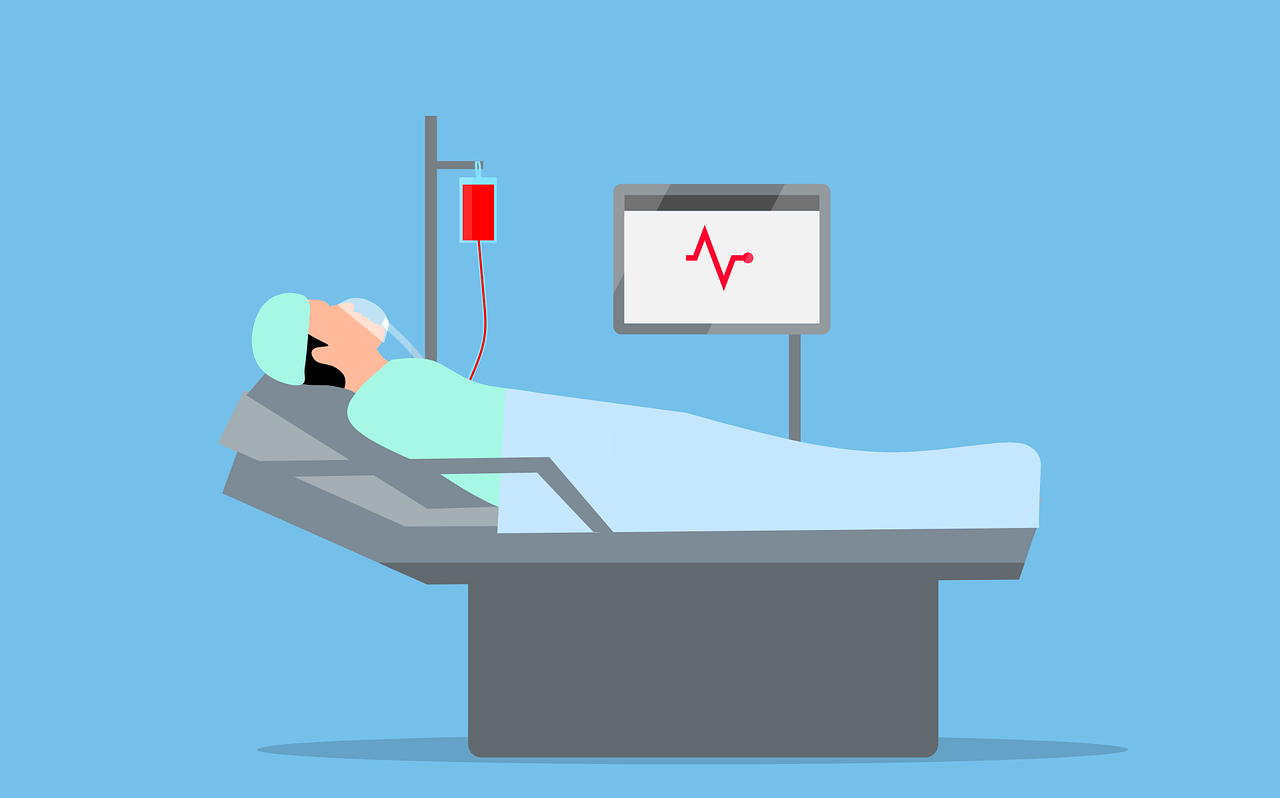Throughout the course of recent decades, the medical care and health services sector has seen a profound sea change. The broad use of electronic health records is one of the most important shifts that has taken place in the healthcare industry (EHRs). Electronic health records, often known as EHRs, are a computerized representation of a patient’s medical record that contains a variety of clinical as well as administrative information. Electronic health records are intended to be used in a variety of healthcare settings, and this interoperability gives doctors the ability to get a more complete picture of a patient’s medical history. In the following paragraphs, we will discuss the many advantages of EHRs as well as the ways in which these records are revolutionizing patient care.
Increased Assurance of Patient Safety
Improved patient safety is one of the most major advantages brought about by electronic health records (EHRs). Electronic health records provide real-time access to patient information such as prescription lists, allergen profiles, and medical histories, which helps to cut down on the number of mistakes that occur in the medical field. Electronic health records also allow for the tracking and monitoring of patient care, which helps to ensure that all essential treatments and tests are carried out in a timely way. In addition, electronic health records have the potential to assist in mitigating the dangers posed to patients by potentially harmful medication interactions as well as redundant testing.
You might also like to read: Top 5 EHR Solutions and Their Pros and Cons
Better use of resources
Electronic health records have the potential to improve the efficiency of the healthcare system. Electronic health records allow medical professionals to quickly access patient information, eliminating the need for laborious manual data input and records kept on paper. This may result in time savings and a decreased likelihood of making mistakes. In addition, electronic health records have the ability to automate mundane chores, such as appointment reminders and medication refills, freeing up more time for medical professionals to concentrate on providing quality care to patients.
Enhanced Capacity for Care Coordination
Electronic health records have the potential to assist in the improvement of care coordination across a variety of healthcare providers and locations. Electronic health records (EHRs) make it possible for healthcare practitioners to quickly and easily communicate patient information with one another, including test results and prescription lists, while treating a patient. This may assist enhance the quality of treatment while also lowering the likelihood of patients experiencing medical mistakes.
You might also like to read: Top 5 EHR Solutions and Their Pros and Cons
Improved Patient Engagement
Electronic health records (EHRs) may facilitate more patient participation in their own treatment. Patients have the ability to have online access to their medical data, giving them the ability to check test results, prescription lists, and other crucial pieces of information about their health. Patients may have a deeper understanding of their health and become more active in their own treatment as a result of this. In addition, some electronic health records (EHRs) are equipped with patient portals, which allow patients to contact with their healthcare providers, make appointments, and obtain refills on prescriptions.
Deployment of EHRs Has Difficulties
While there are many advantages to using EHRs, implementing them may also present some difficulties. The expense of putting this plan into action is one of the most significant obstacles. Especially for more modestly sized medical facilities, the acquisition and installation of an EHR system may be a financially burdensome endeavor. Also, there is a potential for a learning curve for healthcare practitioners and personnel in order to become adept with EHRs, which may have an influence on both the level of productivity and the quality of care provided to patients in the near term.
You might also like to read: Non-fungible tokens for the management of health data
Conclusion
The use of electronic health records (EHRs) is altering patient care in a number of important ways, including the enhancement of patient participation and the improvement of patient safety. The advantages of electronic health records significantly exceed the difficulties associated with its deployment, which may present some difficulties. Electronic health records (EHRs) will play an increasingly significant part in the delivery of high-quality treatment that is focused on the patient as the medical profession continues to undergo change.

One thought on “The Future of Healthcare: How Electronic Health Records (EHRs) are Transforming Patient Care”